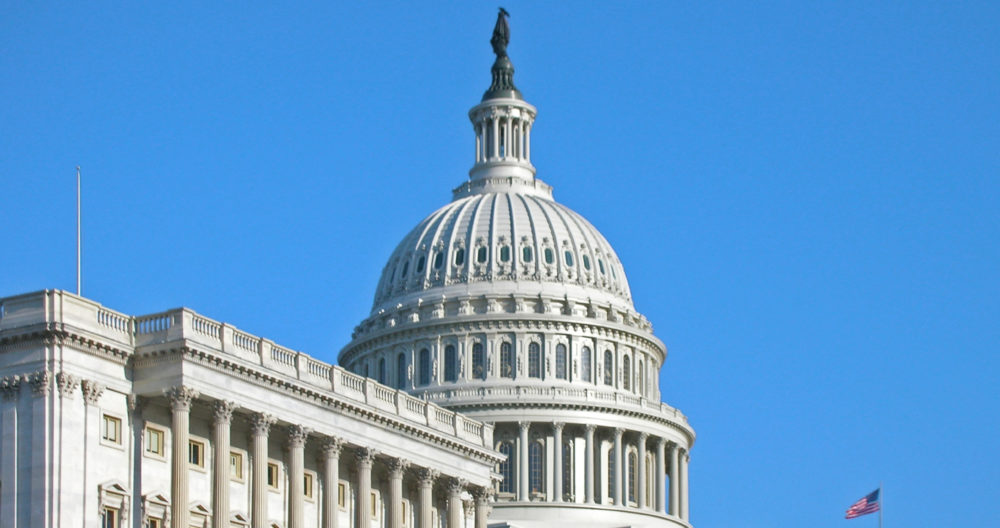Americans should be quite familiar with the idea of inalienable rights, i.e. non-transferable rights. It is, after all, the cornerstone of U.S. constitutionalism: the “natural law” idea of inherent rights possessed by all humans.
This concept of inalienable rights has to be compatible, obviously, with (small-r) republicanism, specifically representative democracy. The lack of direct democracy in our system of government is not an assault on our natural rights. The people (the sovereign) can choose, and have in fact chosen, to alienate certain (small-d) democratic rights to others; namely, their representatives in government. That’s why we are ever-so-famously a Republic and not a Democracy.
But what happens then? We have transferred our right to participate in the nitty-gritty of government decision-making, primarily to our representatives in Congress, all of whom we elect directly. However, we have done so only of necessity – a republic of hundreds of millions cannot govern by plebiscite and referendum. But besides the fact that it is not, so to speak, “scalable”, there is nothing actually wrong with direct democracy. These democratic rights may be alienable in this way, but that does not make them valueless, or any less vital than the right to life or liberty. We expect our representatives to cherish them, and exercise them prudently on our behalf.
What do we find instead? Our representatives have largely abandoned these democratic rights. They could be making decisions as a group, collectively, democratically. But they don’t. They could argue and debate and propose motions and offer amendments, but they don’t.. They have effectively alienated these parliamentary rights to their party leaders. In the halls of Congress, it is taken as a given that the Majority Leader of the Senate and the Speaker of the House are virtual autocrats, unbound by any rule or law. If you want to do something – anything – you’ve got to have their blessing. You have no independent right to do anything – only what they tell you you can do.
But let’s be clear: this cannot happen without the acquiescence of our representatives. I would go one step further. I would argue that once we the people, we the sovereign, have alienated these democratic, parliamentary rights to our representatives, they become inalienable. The entire purpose of a representative assembly is to do the kinds of things we the people cannot do directly. It would thoroughly defeat this purpose for our representatives to voluntarily cede the tools we gave them to do their work.
Whenever any Senator or Member complains that they were “blocked” from doing something they would otherwise do – bring up a bill, offer an amendment, etc. – know that this is almost always a choice they have made themselves. They had to agree to cede their parliamentary rights to party leaders, on the assumption that party leaders will pursue a common partisan agenda. But in doing so, they abdicate their responsibilities. They pass the buck to someone else. They give up their rights (and by extension, the rights of their constituents) to engage in the process.
We could debate all the manifold reasons why our representatives make this choice – rabid partisanship, the never-ending campaign, basic ignorance of the rules – but all of that is immaterial. They are alienating inalienable rights. They are depriving themselves of the ability to participate in our democratic institutions, and are thus depriving their constituents of meaningful representation.
If I had one piece of advice for Members of the 116th Congress it would be this: do not alienate your parliamentary rights. These basic rights – to propose legislation, to offer amendments, to debate and deliberate – are fundamental to our democracy. Do not agree to be bound by rules that take away those rights. Do not agree to work in a system where party leaders tell you what you can and cannot do. The institutional rules of Congress need a thorough overhaul. But that reform project will never begin if Members of Congress voluntarily give up the power to make it happen.
